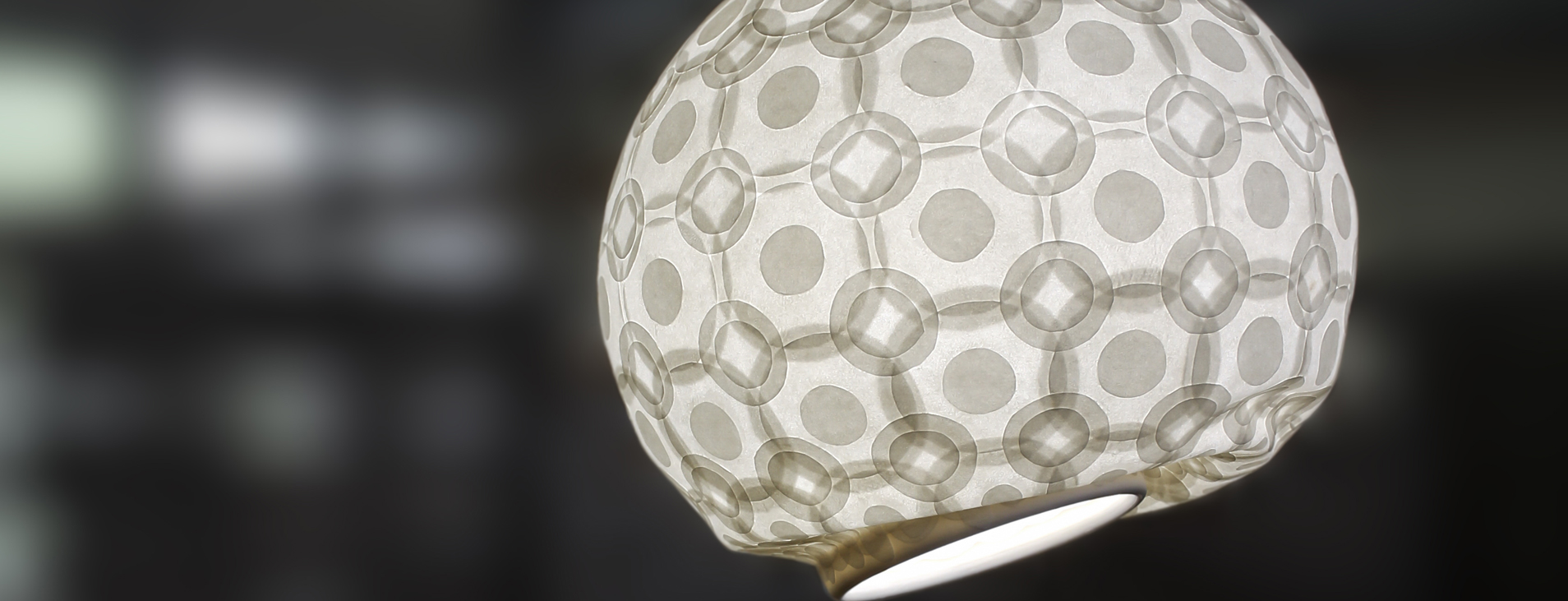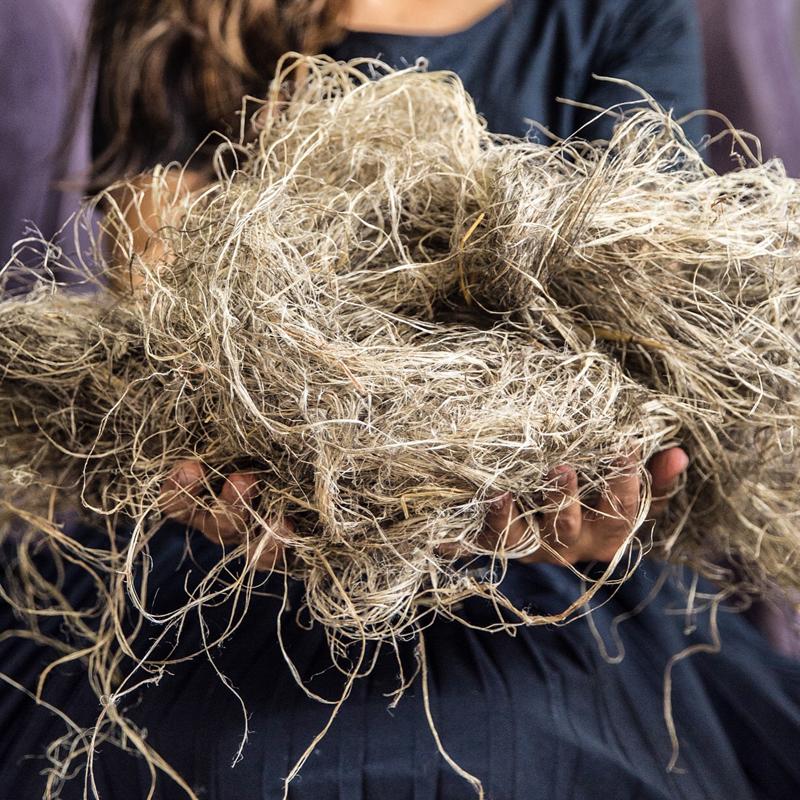
The project
Lumimóza, a handcrafted, unique, tradeable porcelain lamp.
THE CHALLENGE
Europe’s porcelain industry is an artesanal industry that faces stiff comvpetition from plastic materials. Being a sustainable product with a long tradition of expertise, the sector needs to reinvent itself and seek new products and markets.
Porcelain is a fireproof, electric shock protected material with a fine vintage feeling. It could bring back the crafted value not only in to the modern buildings, but it could complete the aesthetics of the historic building interiors as well.
THE SOLUTION
The Project aims at developing a new translucent layered porcelain material, for use in lighting.
The material is suitable to form aesthetically delightfull detailed, costumizable craft works.
In order to form a complete lamp, there is need for a suspension assembly and sustainable well-designed packaging, that protects against breakage during transportation.
The idea is to develop a layered, patterned structure out of porcelain and apply to lamp production. The partners will work on designing laser cuttable patterns, assembly and hemp packaging for the lamp.
The use of technology will introduce a novel approach to a craft industry to create a unique look combined with a contemporary design.
Storytelling
THE IDEA:
I am the type of designer who likes to indulge in ceramic materials. The mysterious translucency of the porcelain led me to a series of experiments with this property. To facilitate working with this non elastic material I came up with the idea of mixing cellulose to porcelain, in such a way where the structure of the paper is visible and enables the formation of ornaments. All these experiments were simultaneous and parallel with my life situation of early motherhood. I was building very thin and fragile porcelain shapes when I myself felt very vulnerable as well. The experience of working with this method led me to the idea of designing lamps with this technique.


THE BIRTH OF THE PROJECT:
In Europe we are surrounded by artifacts from the golden ages of craftsmanship. Historical buildings and especially the Art Nouveau heritage from Budapest gave me a lot of inspiration. This is the aesthetic I would like to smuggle back into our interiors in a contemporary form. The goal is to make products that bring back the value of craft into our lives. Working with our hands and making beautiful objects can be a joyful, liberating and stress free type of work. Crafted products bring pleasure for both the crafter and the user. I think the work of man’s hands can make our environment more human and lovable.


THE CREATIVE PROCESS:
When I designed the patterns of the lamp I was using organic shapes from nature. When figuring out the pattern It was necessary to find the appropriate ratio of thickness and number of layers, at which point the material still remained transparent while not being fragile. It was interesting to combine manual work and digital technology. I left the creative parts for the hands, while the monotonic or precision parts were done by laser cutting and CNC milling.


THE COLLABORATION:
When I came up with the concept of the lamp, I also had to think of its transportation. I realized that I will need a big amount of anti fracture material. In the old days ceramicware was packed in straw. Keeping in mind sustainability, I thought it would correlate nicely with this tradition if I used some kind of natural fibrous material. This is how I found the DevoHome company who provides hemp fibres for me. Since they produce home textiles as well, it was obvious for us that they can also make an elegant protective bag for the lamp.


THE FUTURE:
Lumimóza lamp has the potential to be a limited object for special applications and for a niche and high-spending market. Its technology is mature and tested. Lumimóza brings novelty into the craft, unique look and contemporary design. This product can change the porcelain production approach, with an important market orientation. For the success of the product there is a need for appropriate distributors, sales channels and for a manufactory that is open for innovation and adaptation to new production technologies. My own production capacity needs to be supported with investments or pre-orders. Since the lamp is made by hand, every step of the manufacturing process is controlled. It is very easy to change the character, the silhouette, the layers that form the pattern. An important advantage of the crafted product is that it is customizable. Potential clients who appreciate this, will be really satisfied.


THE MESSAGE:
The Worth Partnership Project helped us to think purposefully about our work and to set a goal. The collaboration with my partner added extra values to my project as sustainability and practicality.


- Project locations
- HungaryUkraine
- Projects Edition
- WORTH Partnership Projects I
- Project Call
- 3rd Call Projects
- Project Sector
- Furniture, home decoration, interior design and architecture
- Project Challenge
- Reinventing craftsmanship
Contact
LUMIMÓZA
Edina Andrási is currently working on studio ceramics. Her main profile is the creation of fine porcelain lamps and lightsculptures with a special technique that involves paper and highly translucent porcelain. She has a master’s degree in product design. Her small scale output of functional and sculptural works are regularly exhibited in Hungary and abroad.
- Name
- LUMIMÓZA
- Postal address
Hungary
- Social media
TM DEVOHOME
The Devo home company grows and processes industrial hemp in Ukraine. Their products include home textiles, blankets, clothes, hemp fillers and even hemp fur. Their raw and unprocessed hemp materials as well as fabrics and waist materials can be applied as a sustainable packing medium for Lumimóza porcelain lamps.
- Name
- TM DEVOHOME
- Postal address
Ukraine
- Social media
